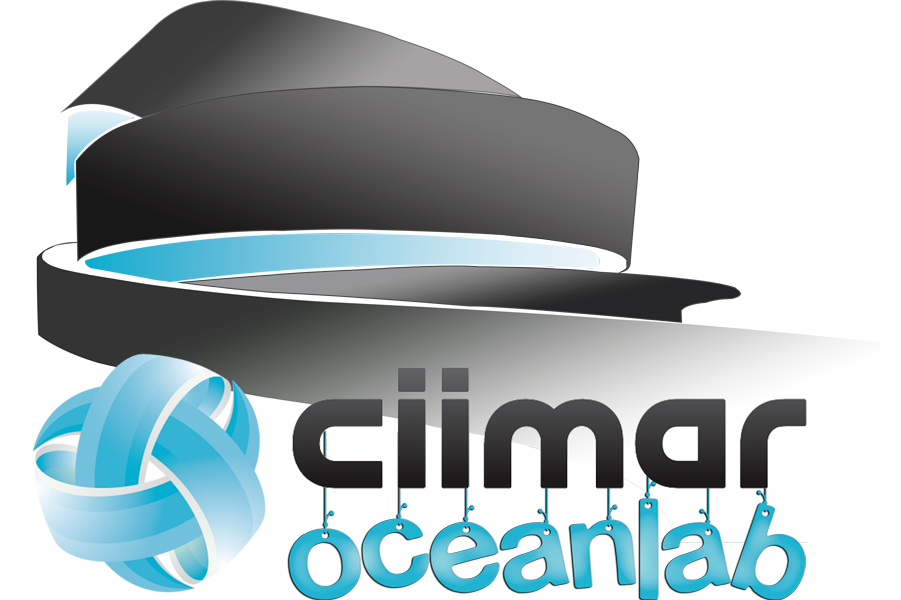

Investigador
Isabel Cunha holds a BSc in Aquatic Sciences (ICBAS-Portugal), a MSc in Marine and Fisheries Sciences (UK), a PhD in Biochemistry and Molecular Biology (Spain) and various Post-docs in diverse areas such as aquaculture, ecotoxicology and bioactivity of marine natural compounds. She is presently a Post-Doctoral researcher at the CIIMAR-UP, in the Blue Biotechnology and Ecotoxicology group (BBE), researching in the areas of biosensors, marine adhesives with biotechnological application and transcriptomics. She is the author of 34 scientific papers published in international peer reviewed journals and directed various students and foreign research fellows in their thesis and research activities.
EQUIPAS DE INVESTIGAÇÃO:
Biotecnologia azul, saúde e ambiente












